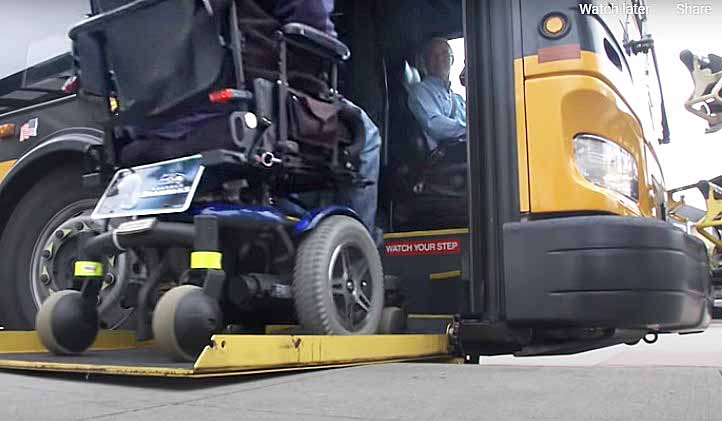Over 45 percent of the U.S. population comprises individuals with special travel needs, whether the result of visual, aural, cognitive, or mobility disabilities. Many agencies and companies are interested in developing technologies that will remove barriers to transportation, but how can the success of such technologies be accurately evaluated? This project created a framework that the U.S. Department of Transportation’s Accessible Transportation Technologies Research Initiative (ATTRI) can use to develop evaluations of new technologies intended to improve mobility for people of all abilities.
This project, conducted in conjunction with Cambridge Systematics, Inc., supports the ATTRI’s development and implementation of devices, software, data standards, and policies that improve independent, on-demand mobility—especially access to transit—for all travelers.
The framework provides guidance for evaluating the many types of accessibility development projects (ADPs) that ATTRI sponsors. It is designed to help project sponsors, participants, and independent evaluation teams focus their evaluation efforts on the most important outcomes for each ATTRI-funded ADP while also keeping in mind the effects of the ADP on the overall trip making capabilities of users.
The framework helps evaluation teams follow a consistent process that starts with an understanding of the goals of the technology, the needs of the intended user population, and the intended technical performance of the system. With this information, the evaluators can create a logic model that identifies the evaluation hypotheses to be tested, the appropriate performance measures for testing those hypotheses, sources from which to obtain required data, and areas in which collaboration and agreement are needed among the evaluation team, the technology developers, and the evaluation sponsors to perform and complete the evaluation.
The evaluation framework will help ATTRI achieve its goal to improve the ability of all people to travel efficiently and affordably by facilitating transportation system improvements that allow individuals with disabilities (and all travelers) to reliably, safely, and independently plan and execute seamless, complete trips, from origin to destination.
Authors:
Anat Caspi, UW Department of Computer Science and Engineering
Mark Hallenbeck, Washington State Transportation Center-UW
Shannon Tyman, UW Department of Computer Science and Engineering
Sponsors:
Cambridge Systematics, Inc.
Federal Highway Administration

